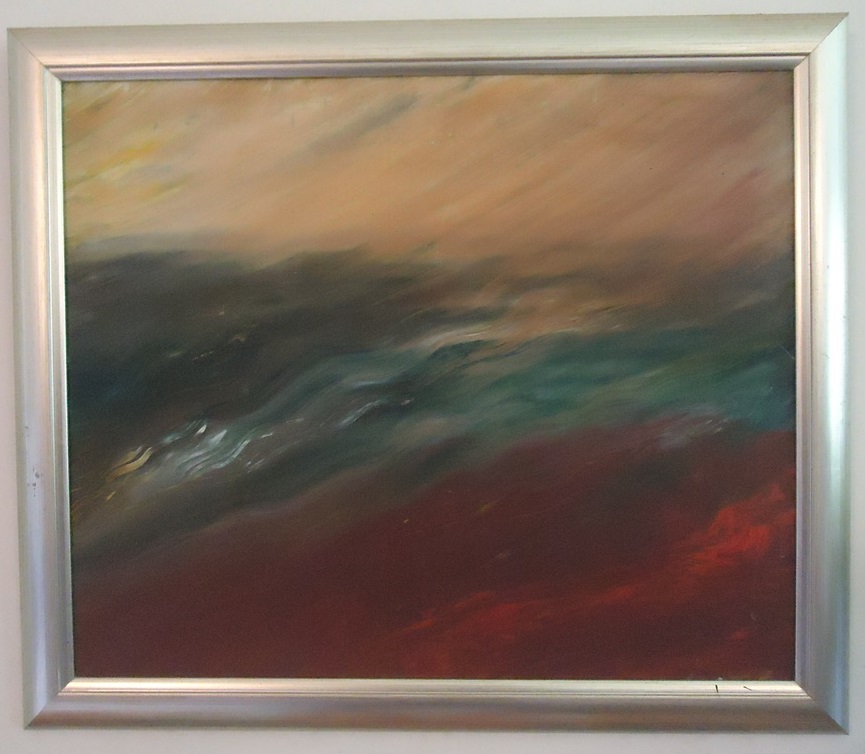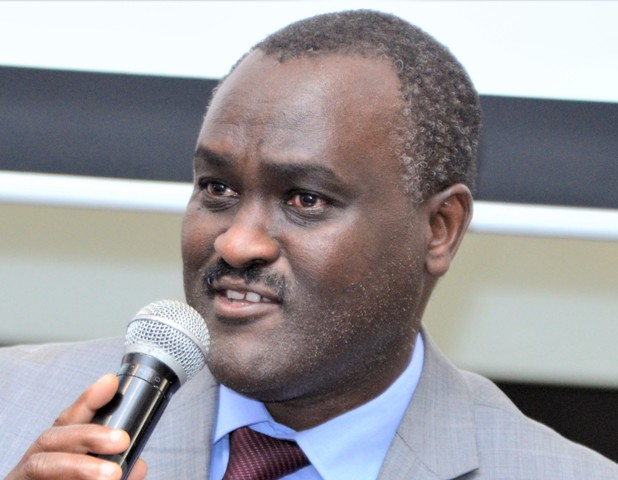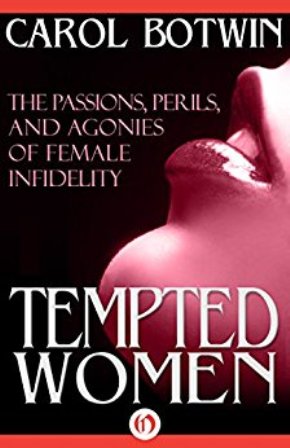By Ogova Ondego
Published December 26, 2015
 As our team of curious writers, videographers, critics, journalists and curators arrive in his home, the bespectacled man is in his living room; like a physician in an operating theatre, he is standing over a pile of paintings he says he has worked on since 1972.
As our team of curious writers, videographers, critics, journalists and curators arrive in his home, the bespectacled man is in his living room; like a physician in an operating theatre, he is standing over a pile of paintings he says he has worked on since 1972.
RELATED:Reminiscing on the Day before Christmas
He ushers the team into the room. Then he offers us seats, urging us to ‘feel at home’. The room has more books and paintings than furniture. There is hardly anyone in the team who wants to take a seat; some are already examining the framed paintings hanging on the walls; others leaf through the books. Still others are more interested in taking the man aside for what they call ‘the interview of the year’. Still cameras are already flashing as video cameras, like guns of trophy hunters, are trained on the man of the moment.
“How would you like to be remembered?” a journalist shoots without any preamble.


RELATED:New Kenyan Novel Dreams of Things That Never Were and Asks Why Not
“I am not dead yet for anyone to want to remember me,” the artist says, wearing a long, serious face.
The journalist, feeling somewhat embarrassed, attempts an awkward apology.
The artist laughs, parting him on the shoulder. He proceeds to answer the question: “I’d like to be remembered as a gifted thinker who left a melody that inspired people.”
That’s how our day with David Gian Maillu, the man who many know as a writer but who wears many hats in the creative field, begins.
The poet starts with him on the guitar, strumming and caressing its strings as he sings in Kikamba, his native tongue. He then talks about his graphic design and fine art career as he shows us his work; mainly symbolic or abstract paintings and black-and-white illustrations.
By the end of the session Maillu has demonstrates to us that he is also a musician, guitarist, composer, model and actor.
“I communicate in three different ways,” he says, naming the three modes of passing on messages as writing, painting and music. He says each of these three art-forms complements one another; depending on the type of message and audience he is interacting with.
RELATED:Sudanese Painters Appreciate Kenya’s Love and Support of Art

Maillu, who says he builds houses and designs gardens in his free time, discloses that he has single-handedly developed his rural home—a botanical garden and a two-storey house styled on the traditional Kamba basket-weaving model—in Makueni on the outskirts of Nairobi.
 “I plan to turn this property into a museum of Akamba artifacts and college of creative writing,†he reiterates.
“I plan to turn this property into a museum of Akamba artifacts and college of creative writing,†he reiterates.
How about his pet subject, writing in ‘local’ African languages; does he touch on it?
RELATED:‘Love & Harmony of Kenya’Art Exhibition Opens at Nairobi National Museum
Yes, of course. That’s a topic the man who says his Kikamba poetry programme on Voice of Kenya radio influenced academic and writer Ngugi wa Thiong’o into writing in his Gikuyu language can hardly complete an artistic discourse without touching on. But that subject now embraces ‘colonial’ tongues like English, French and Portuguese that Maillu says “Africans would die for; they have become local languages on the continent.”
He speaks at length about Ka: The Holy Book of Neter that he says he and five other ‘Eminent Africans’ wrote to ‘give African religion a holy text’ He speaks about African indigenous political ideology. He speaks about the African as the first human that Neter created. But this article only focuses on his paintings and music. The documentary we are preparing, however, shall attempt to capture as much of the man’s life as possible; it shall begin in Ukambani in eastern Kenya in the 1930s and end in the Kenyan capital, Nairobi, about a century later.
RELATED:Why Kenyan Music Videos Are Wanting
Our host says he is second born of six siblings. That he was born of peasant parents. That he was born around 1939. That his father died before he got to know him. That it is his mother who brought him up.That he derives most of his inspiration from his mother.
“My wife, Hannelore, is the controller of most of the things I do,” Maillu says of his Berlin (Germany)-born wife, a mother of one, Elizabeth Kavuli.

RELATED:How President Daniel arap Moi Used the Power of Choral Music to Rule Kenya
It’s time to leave. It has been nine hours of revelation. And enlightenment. The jovial David Gian Maillu has touched on almost every art form he practises. Our faces are glowing; an indication that this has been a day well spent with this performer who can easily dupe you into believing it is a woman you’re talking to if you found him in female garb. Maillu has also spoken about his childhood, non-formal self-education, family, book-writing and publishing, politics and theology. But we must go. It is already late.





